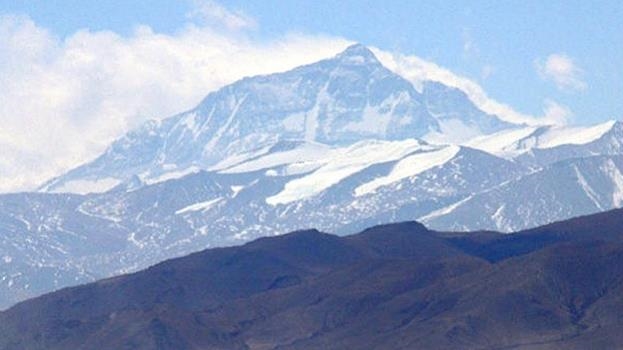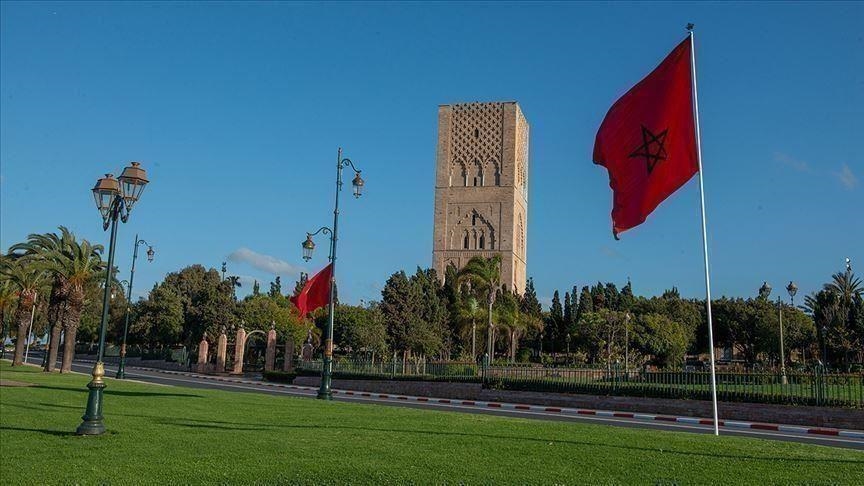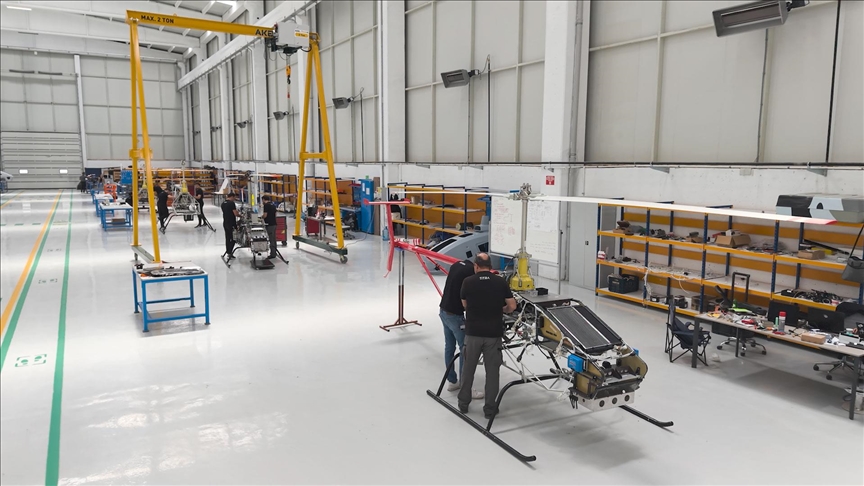China launches ‘world’s highest automatic meteorological monitoring station’ on Mt. Everest
ISTANBUL
China said it has launched the world’s highest automatic meteorological monitoring station on Mt. Everest, along its border with Nepal.
China identifies the world’s highest mountain above sea level as Mt. Qomolangma, its Tibetan-origin name.
The station located at an altitude of over 8,800 meters (28,871 feet) was opened on Wednesday, state-run Xinhua News reported.
Earlier, a similar facility jointly set up by the UK and the US in 2019 sat at an altitude of 8,430 meters on the south side of the mountain, according to the Institute of Tibetan Plateau Research (ITP) under the Chinese Academy of Sciences (CAS).
“The monitored meteorological data will support scientific research and mountaineering activities,” said Zhao Huabiao, a researcher with the ITP.
A 13-member Chinese expedition team reached the summit of Mt. Everest on Wednesday to measure the thickness of the ice and snow by using “high-accuracy radar for the first time.”
Around 270 Chinese researchers divided into five teams are conducting a scientific research survey of the Qinghai-Tibet Plateau – the country’s first scientific research above an altitude of 8,000 meters on the peak.
One team led by Kang Shichang, a researcher with the Northwest Institute of Eco-Environment and Resources under CAS, “will spend a month monitoring pollutants, the Rongbuk glacier and ice lake changes, as well as the greenhouse gas emissions from rivers and lakes covering the high-altitude area from the Mt. Qomolangma base camp to the East Rongbuk glacier.”
“Through the study of glacier changes and glacier air pollutants, we can see the impact of global and regional human activities in the Qomolangma area,” Kang said.
Another team of around 27 scientific researchers is “monitoring the health condition of 50 volunteers positioned at varying altitudes: 5,200 meters, 5,800 meters, 6,350 meters and 8,848 meters.”
“As you rise in altitude, your body will change accordingly, which makes this intuitive data valuable,” said Zhu Tong, an academician at CAS who is leading the team.
Zhu said the team will collect blood, urine, saliva, feces and other samples, measure blood pressure, and monitor the pulse wave velocity of the volunteers, including himself, “to provide samples for follow-up research.”
Anadolu Agency website contains only a portion of the news stories offered to subscribers in the AA News Broadcasting System (HAS), and in summarized form. Please contact us for subscription options.



